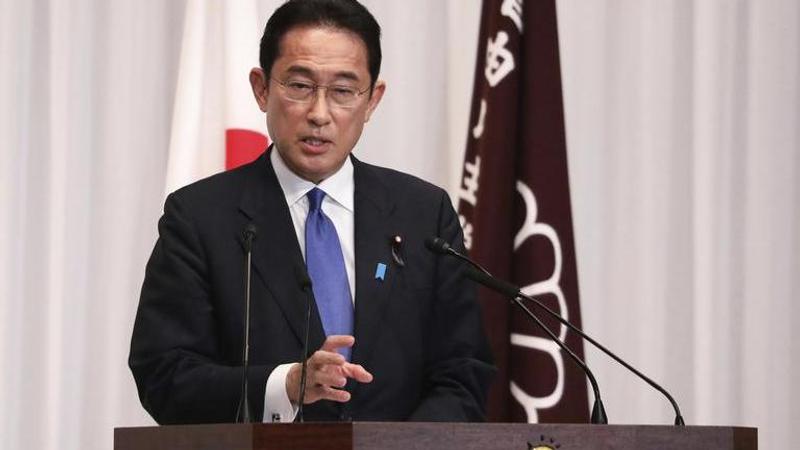Published 22:42 IST, May 9th 2022
Amid Russia-Ukraine war, Japan will 'reduce reliance on Russian oil' says PM Kishida
Japan will gradually phase out Russian oil imports, according to Fumio Kishida, as part of the Group of Seven's effort to counter Russia's invasion of Ukraine.

Japan will gradually phase out Russian oil imports, according to Japanese Prime Minister Fumio Kishida, as a part of the Group of Seven's effort to counter Russia's invasion of Ukraine. G-7 leaders convened online on May 8 and announced their intention to prohibit or phase out Russian oil imports in the latest effort to persuade Moscow to stop its war against Ukraine.
Kishida told reporters on May 9 that it's a difficult issue for a country that relies heavily on energy imports, notably oil. However, Kishida emphasised that G-7's unity is critical. Kishida stated that phasing out Russian oil imports will be a long and slow process, with the details and timeframe to be determined later as the process necessitates securing alternate energy supplies.
It is worth mentioning here that Russia accounts for about 4% of Japanese oil imports. Japan has also stated that it will phase out Russian coal imports. Kishida stated that Japan will not prohibit imports from its own stakes in Russian oil and gas projects, including those in Sakhalin.
On May 8, European Union governments got closer to agreeing tough sanctions against Russia, including a ban on buying Russian oil, but more talks were scheduled for Monday to figure out how to ensure that countries that rely on Russian energy can cope.
European Commission released suggestions for sixth sanctions package on May 4
Since the European Commission released suggestions for the sixth sanctions package targeting Moscow over its invasion of Ukraine on May 4, ambassadors from the 27 EU countries have been meeting daily to discuss details of the package. The sticking point is how to ensure oil supplies for landlocked Hungary, Slovakia, and the Czech Republic, all of which rely largely on Russian petroleum transported via Soviet-era pipelines and have difficulties finding other sources.
According to EU sources, the Commission proposed amendments to its planned Russian oil embargo on Friday in order to allow the three nations more time to relocate their energy supply. All EU countries were supposed to stop buying Russian crude in six months and Russian refined products by the end of the year, according to the original plan, AP reported.
Notably, the revised proposal would provide assistance to Hungary, Slovakia, and the Czech Republic in upgrading their refineries to process oil from other sources, postponing their withdrawal from Russian oil until 2024.
Image: AP
Updated 22:42 IST, May 9th 2022




